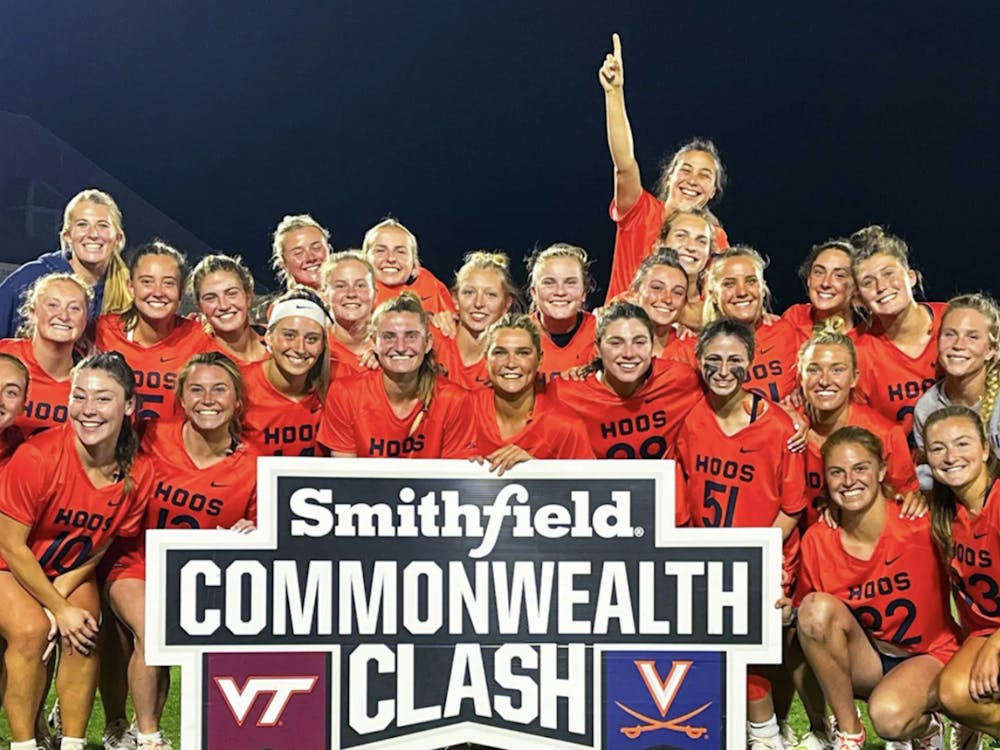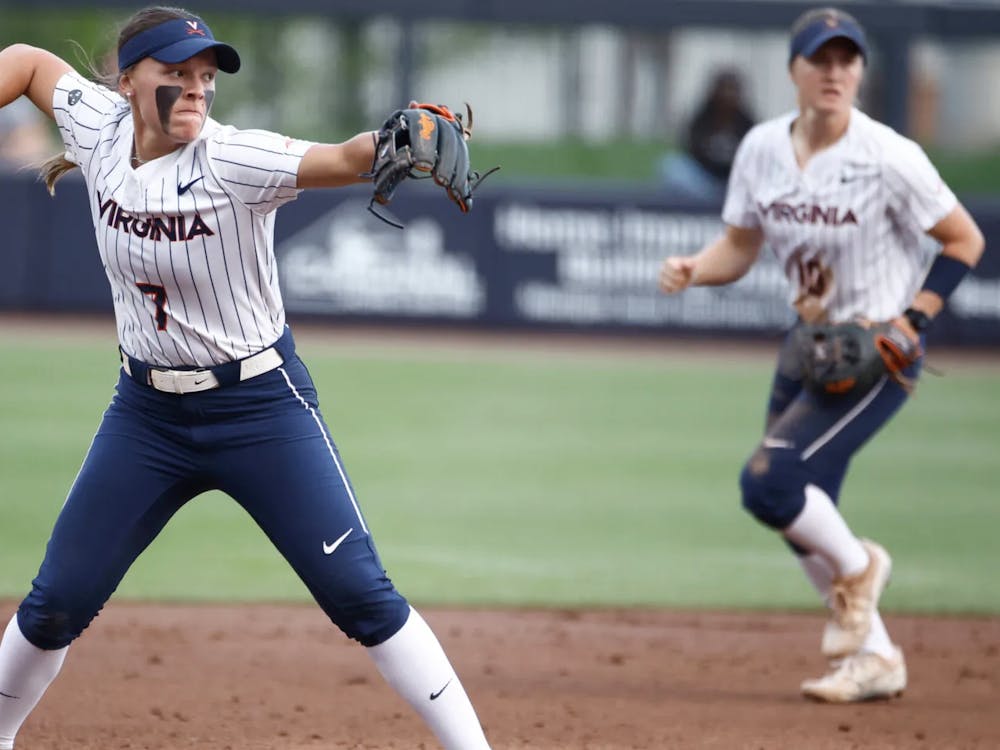Specks of pale green line one wall of my childhood bedroom. Encased in frames that also consist of pictures of a cheesing, preadolescent me with a bowl cut mirroring that of the little kid from “Liar Liar,” the spoils of my swimming career from ages 5 and 6 have danced before my eyes for 15 years. “Participant,” the green ribbons read.
Participant ribbons are farces, empty consolations to fill the void resulting from mediocre performance. That’s what the voice in my head has always told me, at least. In this last decade and a half — as an athlete, a student and a human being — the fear of the humiliation associated with those green ribbons has compelled me to constantly seek the blue ribbon of triumph. Blue means the applause of others; blue means validation.
For some reason beyond my comprehension, the turmoil currently bubbling around the 2013 Heisman Trophy winner reminded me forcefully of those despised green ribbons. Specifically, I remembered them as pundits ponder whether they will vote to award the iconic statue to a smiling, squinting Jameis Winston in a few weeks, knowing that the smiles and squints may well belong to a rapist. Some, such as USA Today’s Christine Brennan, have already vowed to leave Florida State’s precocious freshman quarterback off their ballot altogether.
Even though I wrote a gushing piece about Winston as part of the ACC Power Rankings that usually run in this space, I’m not going to defend his Heisman candidacy here. Even if Brennan’s perspective ranks among the most hacky and sanctimonious out there and is not representative of most intelligent takes on the matter, it is completely fair to have qualms about celebrating the football accomplishments of someone whom the Tallahassee Police may charge with sexual assault in the coming weeks.
Rather, I find the question intrinsic to considering Winston for an award disturbing on a broader level. The issue poses the question of whether a Heisman voter should rely on moral evaluation in determining a candidate’s worthiness. And thinking long enough about the notion of college football writers — and their first cousins, Baseball Hall of Fame voters — clambering onto their high horses to disparage athletes they have never met leads to the inevitable conclusion that most of these awards and accolades are bullshit.
Will Winston have had a less stellar football season if he fails to snag the Heisman — or even if it turns out that he did commit a heinous crime last December? Was Reggie Bush’s campaign less transcendent or Pete Rose’s 4,256 hits less astounding, because the former flaunted NCAA amateurism rules and surrendered his Heisman and the latter had a debilitating gambling problem that will forever bar him from Cooperstown?
The correct answer is no. Yet we let arbitrary signposts dictate how we remember such sports figures. An award — or absence thereof — merely influences how we talk and think about an athlete. It does not alter the fundamental nature of what the athlete accomplished.
Of course, sports fans can hardly resist imposing hierarchies on teams and athletes. I did it every week with the ACC Power Rankings, and had oodles of fun in the process. Distinguishing the winners from the losers, the great from the good, and the good from the pedestrian represents the ostensible point of why we watch all these games. We have to care; a contest in which the participants are not striving with their heart and sinew to succeed is a waste of time.
The problem arises when we affix labels to human beings when we’re really talking about their on-field accomplishments. When you perceive an award or a victory as an indicator of an athlete’s worth — when you need the blue ribbon for affirmation — you sometimes muddle the vital distinction between judging someone as a human being and evaluating a body of work.
In the end, we’re all flawed and hypocritical justices when it comes to judging people, much less people we don’t truly know. The Heisman Trust Mission Statement may exhort voters to honor the athlete “exhibiting the pursuit of excellence with integrity.” In reality, however, voters such as Brennan rely on too little information and too much subjectivity in gauging the “with integrity” part.
We all do this, and will continue to do this, to varying extents as sports fans. But I think it would be refreshing to remember, if only once in a while, that the presence or absence of recognition matters little to the essence of the athletic accomplishment as a whole. The green ribbons in my room are flimsy and tacky. But the knowledge that I participated, that I had to courage to strive and fail, will live with me forever.




